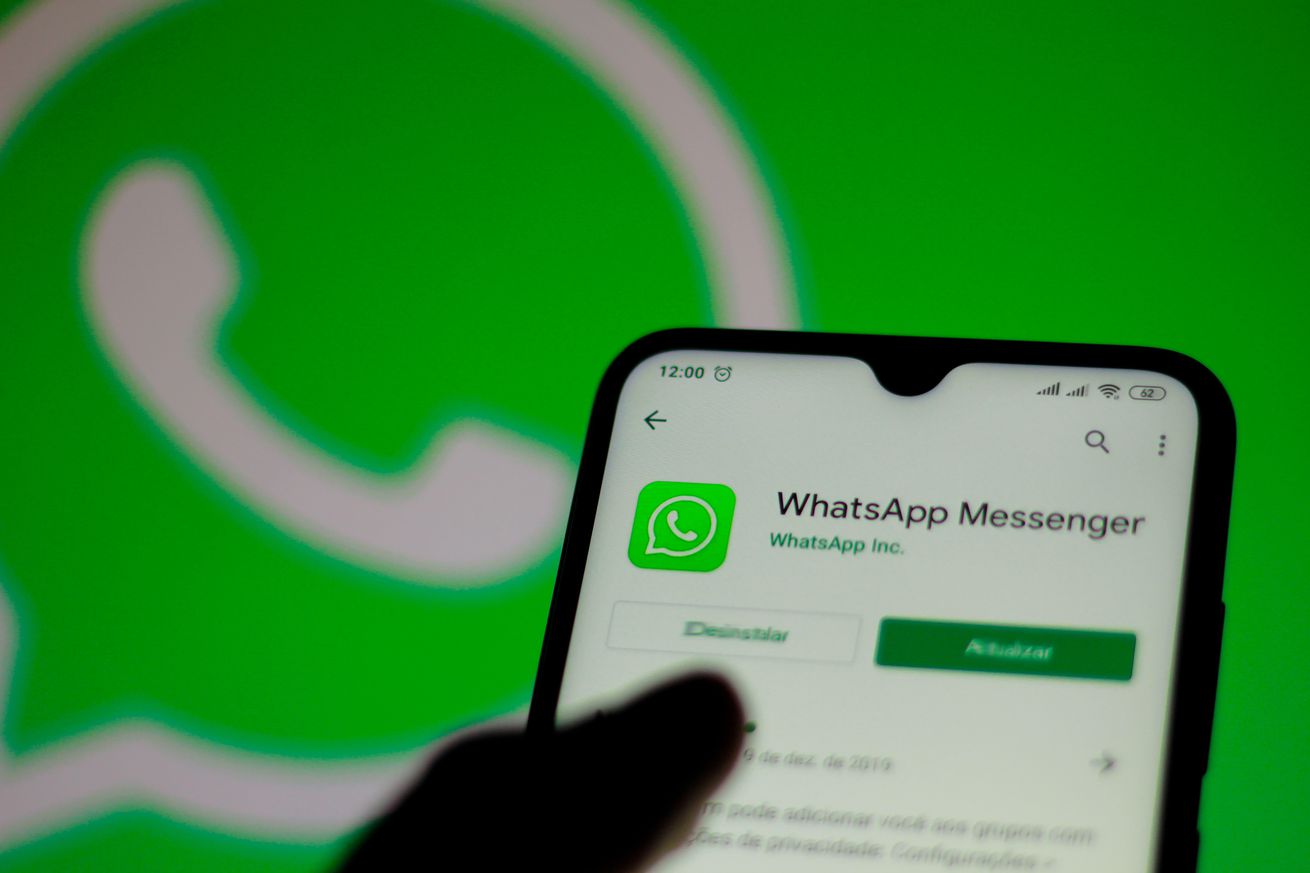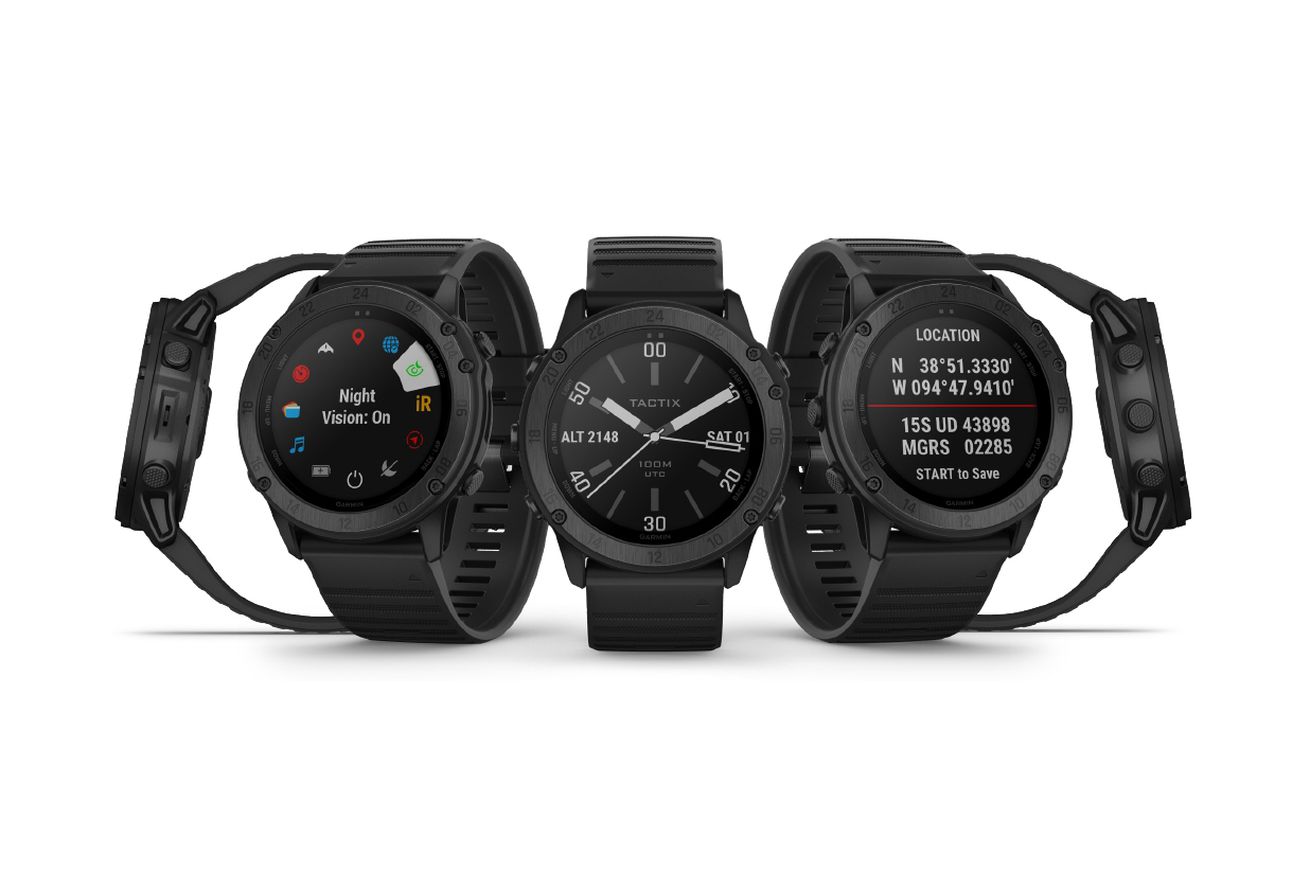
-
Samsung's Galaxy S20 series of smartphones is just around the corner, and we've seen plenty of rumors about the design, specs, and cameras.
- From the looks of it, Samsung fans can expect a fairly typical design and spec refresh.
- But Samsung is rumored to include a massive 108-megapixel camera with the Galaxy S20, and the Snapdragon 865 chip it's said to use will all but guarantee that it'll have 5G connectivity.
- Samsung will officially announce the new phone at its "Unpacked" event on February 11.
- Visit Business Insider's homepage for more stories.
The Samsung Galaxy S20 rumor mill is at maximum capacity, churning out pretty much every detail we need to get a good idea of what to expect in early 2020.
Indeed, Samsung is expected to unveil its new Galaxy S phones on February 11, and we've seen some leaks, rumors, and renders from some of the most reliable gadget leakers in the industry. One of the latest rumors settles on the "S20" model name for the upcoming Galaxy phones.
This is what we think we know about the Galaxy S20 so far, and it's looking like a standard design and spec update. There are a couple things that stand out with the camera and what kinds of networks the Galaxy S20 phones will connect.
We're still waiting for a good rumor from a reliable source for the price tags to expect. For now, we only have the Galaxy S10 price tags to work from, and the price tags in general of high-end Android phones, so we're expecting the Galaxy S20 phones to be priced between $750 and $1,100.
Here's everything we've heard about the phones so far.
SEE ALSO: Smartphones of the future could work in a completely different way thanks to 5G, and it means you'll rarely have to upgrade
There's said to be a wide variety of Galaxy S20 models.
XDA-Developers' Max Weinbach believes there will be three members of the Galaxy S20 family, with each member getting variants that come with 5G connectivity.
Tweet Embed:
//twitter.com/mims/statuses/1216490936101982208?ref_src=twsrc%5Etfw
Samsung Galaxy S20
Samsung Galaxy S20 5G
Samsung Galaxy S20+
Samsung Galaxy S20+ 5G
Samsung Galaxy S20 Ultra 5G
Interestingly, there is no mention of a Galaxy "S20e" model that could come with a lower price tag, slightly fewer features, and a slightly different design than the full-fat S20 models. The Galaxy S10e was one of the most highly acclaimed smartphones of 2019, so it'll be a shame if Samsung doesn't offer something similar in the S20 lineup.
Still, other gadgets leakers have claimed there will be a Galaxy S20e model.
Here's what the Galaxy S20's back is rumored to look like.

Renders of Samsung's upcoming Galaxy S20 from gadgets-leaker Steve Hemmerstoffer and 91 Mobiles likely reveal what the device will look like.
So far, most rumors surrounding the Galaxy S20 point to the rectangular camera module on the top right.
And this is the front, according to the rumors.

The same renders from Steve Hemmerstoffer and 91 Mobiles suggest incredibly thin bezels on the top and bottom, which is corroborated by the prolific gadgets leaker known as @IceUniverse on Twitter. We're also seeing the selfie camera punch-hole cutouts move to the center compared to the cutouts on the right of the screen on the Galaxy S10 series.
Tweet Embed:
//twitter.com/mims/statuses/1200946454010843136?ref_src=twsrc%5Etfw
Hi,Galaxy S11
pic.twitter.com/brqPoONDzjTweet Embed:
//twitter.com/mims/statuses/1201321768364826625?ref_src=twsrc%5Etfw
and
pic.twitter.com/qgX2x9WYFb
Supposedly leaked photos of the Galaxy S20 corroborate the renders above, and it's also where the Galaxy "S20" model name is coming from.

Photos that apparently show Samsung's unreleased and unannounced Galaxy S20 Plus smartphone were posted by Max Weinbach on XDA-Developers.
In both the renders above and the photo leaks, we're seeing similar rectangular camera module designs. It's hard to see in the photo, but there's also a punch-hole at the top center of the screen for the selfie camera on both the renders and the photo.
The screens are going to be big.
The Galaxy S20e is said to come with either a 6.2 or 6.4-inch screen, according to Evan Blass, a prolific source of mobile leaks.
The regular Galaxy S20 may come with a 6.7-inch screen.
And the larger Galaxy S20 Plus will come with a whopping 6.9-inch screen.
The Galaxy S20 is said to include an ultra-wide-angle camera, a regular camera, and a zoomed camera.
Tweet Embed:
//twitter.com/mims/statuses/1206414617259339776?ref_src=twsrc%5Etfw
This is the real Galaxy S11+ camera. On the left is the ultra-wide-angle, main camera, and periscope zoom lens. I don't know the exact distribution on the right. It is expected to include flash and ToF. pic.twitter.com/98exPMSqgf
One of the cameras is said to come with 108 megapixels, which is an enormous number compared to the typical 12-megapixel cameras you see on most smartphones.

Both @IceUniverse and Bloomberg corroborate that the Galaxy S20 will have a 108-megapixel camera for regular camera lens.
Unlike Apple and Google that use a lot of software to make photos look good, Samsung is going the hardware route to achieve better performance with its next smartphone camera. One of the main benefits Samsung touted about its 108-megapixel camera in the past is better photos in low light — an area where the company trails behind compared to Apple and Google's latest offerings.
The Galaxy S20 phones will most likely run on the Snapdragon 865 mobile chip from Qualcomm.

You don't need rumors to tell you that Samsung's Galaxy S20 phones will likely run on the latest mobile chip from Qualcomm. It's simply expected at this point, partly because that's what Samsung has been doing for the last several years, and there also aren't too many other options when it comes to high-end mobile chips.
Running on the Snapdragon 865 will likely mean top-tier performance for running Android, apps, and games.
If the Galaxy S20 is going to run on the Snapdragon 865 chip, it'll also support 5G connectivity across all the S20 models.

All of 2020's high-end Android phones will likely come with 5G support, at least those running on Qualcomm's Snapdragon 865, which are coupled with a modem that supports 5G connectivity by default. And we're expecting the Galaxy S20 to run on the Snapdragon 865.
With that said, Samsung's Galaxy S phones can run on different chips made by Samsung itself in different parts of the world. If some Galaxy S20 phones run on chips other than the Snapdragon 865, there's no guarantee that they'll come with 5G connectivity.
Whether Galaxy S20 users will find a 5G network to connect to is another question. So far, T-Mobile is the only US carrier so far that has deployed a wide-ranging 5G network. Other US carriers have deployed 5G networks in certain pockets of certain cities.
Samsung is putting big batteries in its Galaxy S20 phones.

The larger of the expected Galaxy S20 lineup — the Galaxy S20 Plus — will come with a massive 5,000 mAh battery, according to SamMobile.
The regular Galaxy S20 is said to come with a 4,500 mAh battery.
The Galaxy S20e will apparently have a battery between 3,800 and 3,900mAh.
The "Ultra" model of the Galaxy S20 could have some over-the-top specs.
Tweet Embed:
//twitter.com/mims/statuses/1216770527634718732?ref_src=twsrc%5Etfw
The S20 Ultra 5G is going to keep the SD Card slot. Support for up to 1TB.
It will also be available in 128GB/256GB/512GB and have a 12GB and 16GB RAM option.
108MP main, 48MP 10x optical, 12MP ultra wide.
5000 mAh battery with 45W option fast charge. 0 to 100% in 74 min.
One of the last holdouts for the headphone jack, Samsung might ditch it for the Galaxy S20 series.

After the Galaxy Note 10, the Galaxy S20 will be the final top-tier Samsung phone to ditch the headphone jack, according to the Korean news outlet ETNews, which has been reliable for leaks like this.
Like other Android smartphone makers that followed Apple into killing the headphone jack, Samsung will likely expect Galaxy S20 users to use wireless headphones. And if those users want to continue using their wired headphones, they may have to carry around a dongle adapter.
Samsung is unveiling its new Galaxy S flagship of 2020 on February 11.

Tweet Embed:
//twitter.com/mims/statuses/1213671462990540801?ref_src=twsrc%5Etfw
Say hello to a whole new Galaxy. Unpacked on February 11, 2020 #SamsungEvent pic.twitter.com/ln1pqt2vu7
Incidentally, we might also see the announcement of a new Samsung foldable smartphone alongside the Galaxy S20 phones, according to @IceUniverse.

 CCTV cameras on London’s Westminster Bridge. | Photo credit should read TOLGA AKMEN/AFP via Getty Images
CCTV cameras on London’s Westminster Bridge. | Photo credit should read TOLGA AKMEN/AFP via Getty Images
 Image: The Verge/Alex Castro
Image: The Verge/Alex Castro




























 Photo Illustration by Rafael Henrique/SOPA Images/LightRocket via Getty Images
Photo Illustration by Rafael Henrique/SOPA Images/LightRocket via Getty Images






 Alphabet and Google CEO Sundar Pichai. | Photo by Vjeran Pavic / The Verge
Alphabet and Google CEO Sundar Pichai. | Photo by Vjeran Pavic / The Verge
 Image: Garmin
Image: Garmin





















 Photo by Chesnot/Getty Images
Photo by Chesnot/Getty Images
 Illustration by Alex Castro / The Verge
Illustration by Alex Castro / The Verge